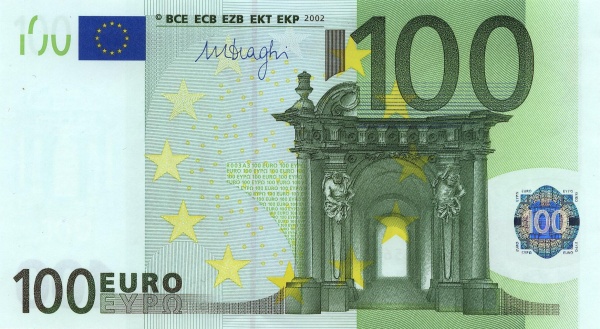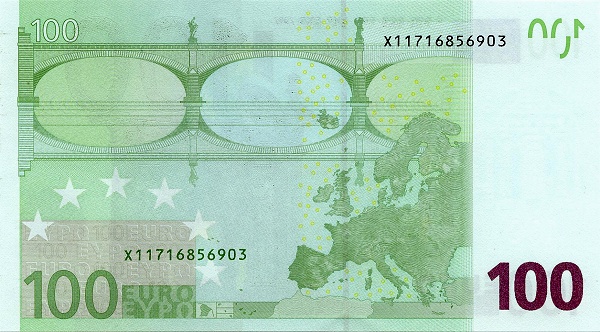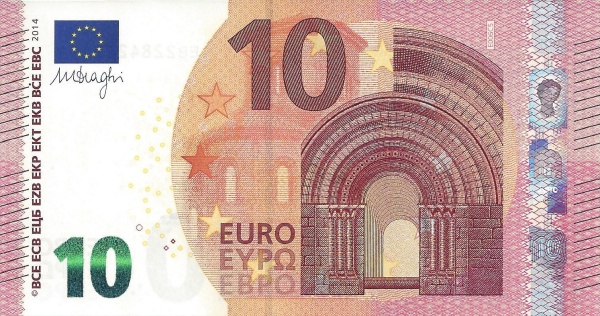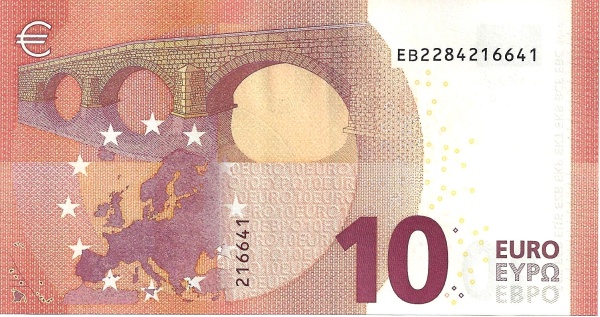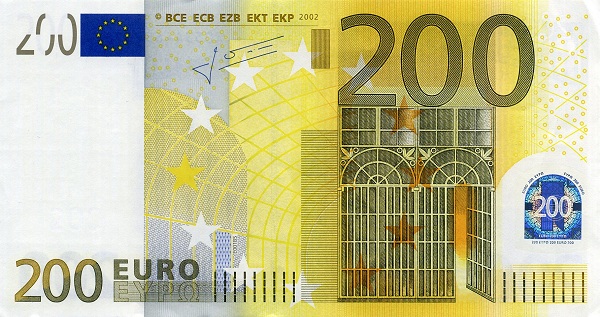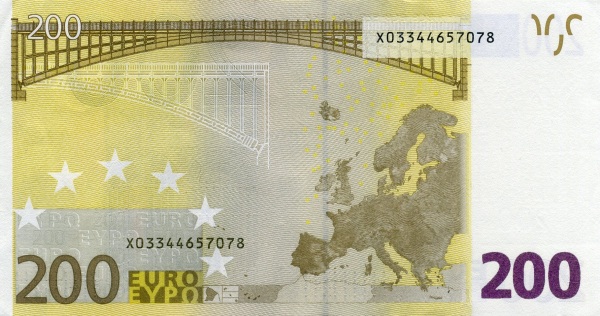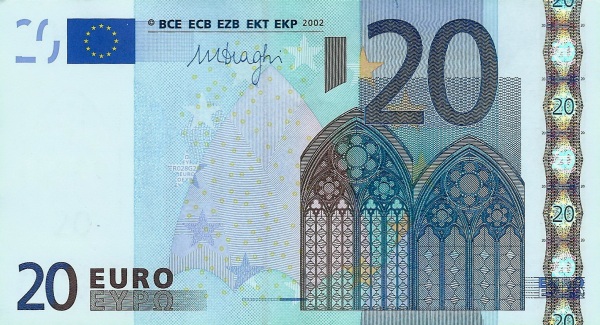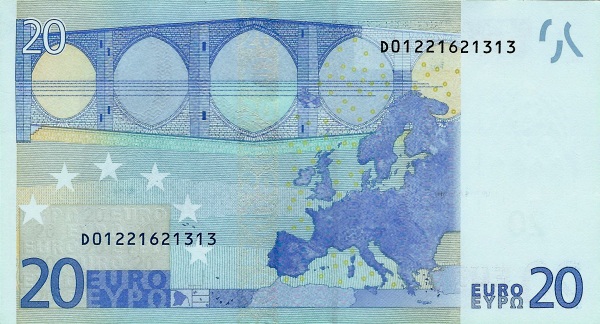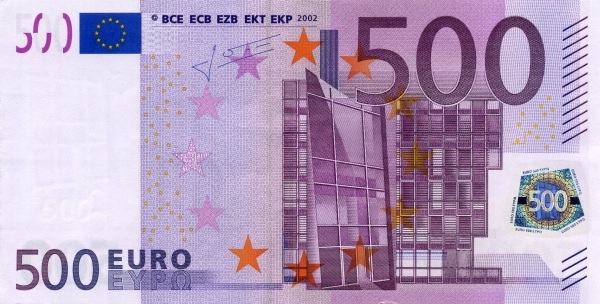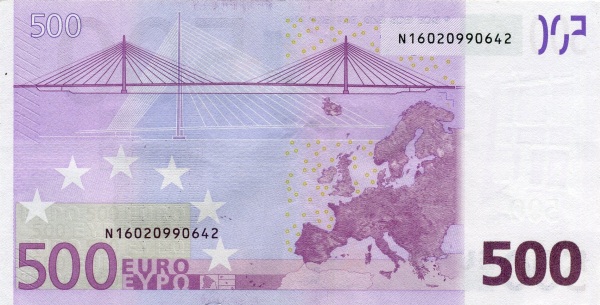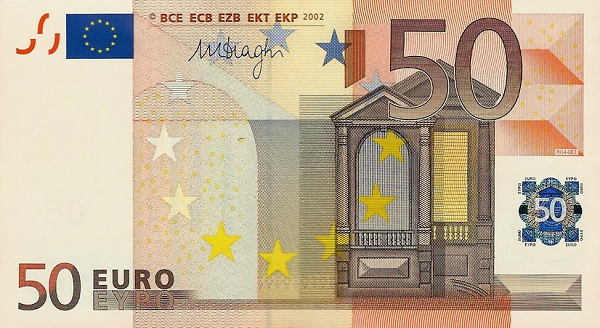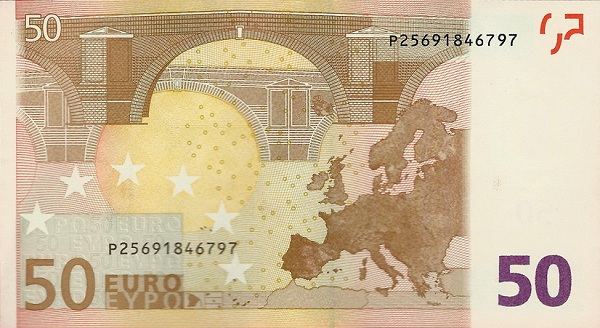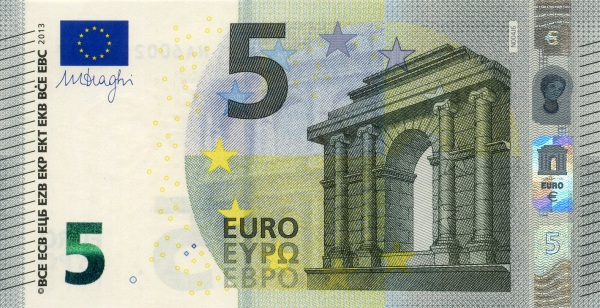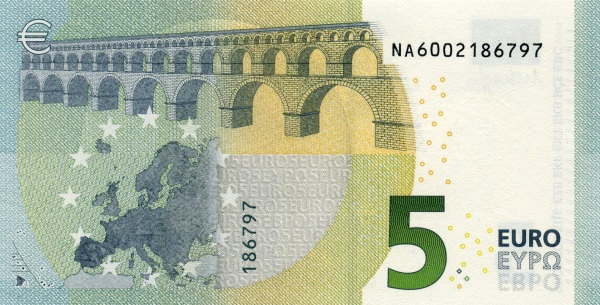Exploring the Enchanting Country of Portugal
Portugal stands as a captivating nation located in Western Europe, enticing travelers and historians alike. This vibrant country, known for its rich cultural heritage, shares its land borders with Spain and lies elegantly along the Atlantic Ocean. Moreover, Portugal’s territory includes the stunning archipelagos of Madeira and the Azores, tucked away in the azure Atlantic. With a total area of 92,090 km², it may be slightly smaller than Hungary, but do not let the size fool you; Portugal is brimming with history, stunning landscapes, and culinary delights.
Geographical Wonders of Portugal
As you travel through Portugal, you will witness a diverse landscape that stretches from rolling hills to breathtaking coastlines. The scenic beauty of the country features a unique blend of mountains, valleys, and sea views. From the charming plains of Alentejo to the illustrious Douro Valley, each region offers something special. On top of that, the renowned Algarve region boasts pristine beaches that attract sun-seekers from all over the globe.
The Bustling Metropolis of Lisbon
At the heart of Portugal lies Lisbon, its capital and largest city. With a population nearing 500,000, Lisbon serves as the cultural and economic hub of the country. Visitors will find a vibrant atmosphere infused with history around every corner. The iconic tram system navigates picturesque cobblestone streets, winding past colorful buildings adorned with azulejos, which are beautiful ceramic tiles traditionally seen throughout Portugal.
Historical Significance and Landmarks in Lisbon
When exploring Lisbon, you cannot miss landmarks such as the iconic Belém Tower and the stunning Jerónimos Monastery. These magnificent sites testify to Portugal's illustrious maritime history and its role during the Age of Discoveries. As you wander through the streets, let the rich stories of explorers like Vasco da Gama and Ferdinand Magellan inspire you.
Cultural Mosaic of Portugal
Delving into the cultural aspects of Portugal reveals the deep-rooted traditions and festivities. Fado music, a soulful genre filled with emotion, showcases the passionate spirit of the Portuguese people. As you enjoy a meal, be sure to try bacalhau, a beloved dish made from salt cod that has become a staple in Portuguese cuisine.
Culinary Delights One Must Experience
Portugal's culinary scene goes beyond bacalhau; it features an array of exquisite flavors. The nation is famous for its seafood, particularly in coastal regions. Additionally, indulge in delectable pastries like Pastéis de Nata, crème brûlée-like tarts that satisfy any sweet tooth. With a focus on fresh, local ingredients, dining in Portugal is a joyous experience.
The Political Landscape of Portugal
Portugal operates under a semi-presidential representative democracy, embodying a political landscape shaped by its history. The Republic emerged after the monarchy was abolished on October 5, 1910. Consequently, the country’s constitution firmly maintains this republican framework, ensuring stability and the rule of law.
Government Structure and Leadership
In this political system, the President serves as the head of state and the commander-in-chief of the armed forces. Elected by an absolute majority through a two-round voting system, the President evolves into a crucial figure within Portugal. Meanwhile, the Prime Minister holds the reins of the government and is appointed by the President, establishing a collaborative dynamic between these two pivotal roles.
A Look at Portugal’s Diverse Population
As of 2020, Portugal's people number approximately 10.3 million, offering a diverse mosaic of cultures and languages. Portuguese, the official language, showcases the country’s rich heritage and influences. Furthermore, Portugal is home to various communities that contribute to its unique identity, creating a welcoming environment for both residents and visitors.
Portugal’s Thriving Economy
Economically, Portugal has positioned itself as a stable player within the European Union. The nation thrives on a blend of traditional sectors such as agriculture, fishing, and textiles while simultaneously embracing modern industries including technology and tourism. The vibrant tourism sector pays homage to the captivating scenery, historical landmarks, and culinary treasures that entice millions each year.
Tourism and Its Economic Impact
Portugal’s tourism industry significantly boosts the economy, with travelers flocking to cities like Lisbon, Porto, and Faro. These destinations, among others, offer a rich palette of experiences, from culinary tours to wine tastings in the Douro Valley. Consequently, the government continues to invest in infrastructure, supporting growth in the sector and enhancing visitors' enjoyment throughout the country.
Final Thoughts on the Beauty of Portugal
Portugal emerges as a land steeped in history, culture, and biodiversity. From the majestic architecture of Lisbon to the striking natural landscapes of the Algarve, every corner of this country leaves a lasting impression. As you embark on a journey to experience Portugal, prepare to indulge in its artistry, delicious cuisine, and warm hospitality.
Largest cities of: Portugal
| City Name | Population | Year of foundation | |
| Lisbon | 505,526 | circa 1200 BC | |
| Porto | 214,349 | circa 300 B | |
| Braga | 181,494 | CA 300 | |
| Amadora | 175,872 | 1979 | |
| Coimbra | 143,396 | 177 B |
Portugal: Money
